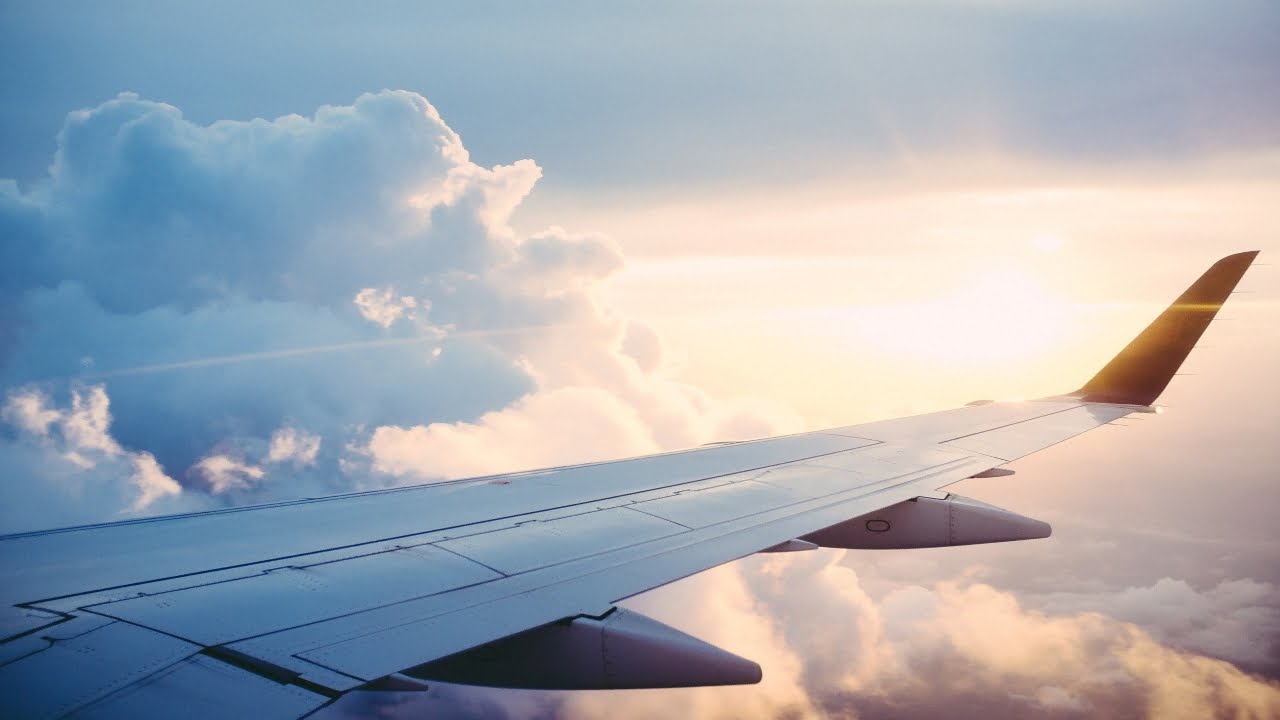With the exception of those travelling to the UK from a Common Travel Area (the UK, Republic of Ireland, the Channel Islands and the Isle of Man) or those in occupations which are deemed exempt, it is now a requirement that those arriving in the UK (whether a British citizen or otherwise) are required to self-isolate in the place they are staying for the first 14 days following arrival.
We have had a number of questions from clients as to what this means for individual employees’ ability to attend work and if they can’t attend, how this absence should be categorised. This blog seeks to explain the rules around the new quarantine guidance and what to do if your employees go abroad this summer.
As set out above, unless travel is from an exempt country or an individual falls within an exempt category, anyone arriving in the UK after 8 June is required to quarantine for 14 days. This means that they must stay at a specific address which they are required to declare on arrival and not leave the property except for the limited circumstances set out in the guidance. This does not include attending work.
For someone isolating at an address that has other people who have not travelled, these people do not need to quarantine however the guidance is that they should avoid contact with the person in quarantine and minimise time spent in shared spaces.
Some travellers are exempt from the new restrictions including diplomats, those with Ministry of Defence exemption, those doing essential government work, drivers of good vehicles, those doing agricultural work and registered health or care professionals travelling to the UK to provide essential healthcare. It is unlikely that any of the exemptions will cover employees working in the housing or property sectors however for our care clients, employees that are care professionals providing essential healthcare and registered with a UK regulator will be exempt, provided they meet the necessary conditions.
The key question we have been asked is what does this mean for employees taking holidays abroad this summer and the answer to that question depends on whether someone can carry out their role from home or not. For an employee who can do their role from home, the fact they are quarantining will have little impact on their ability to work as normal. However, for employees’ who cannot carry out their roles from home, they will either need to take this period as additional annual leave or reach an agreement with their employer that this is unpaid. Unless someone in quarantine falls ill, with COVID-19 or otherwise, they will have no entitlement to sick pay for the period they spend in quarantine.
Comment
Given that holidays both in the UK and abroad have not been possible for the last 3 months, many employers have found themselves in a situation where employees have much more holiday than they normally would have left at this point in the holiday year. Many clients are now requiring employees to use a certain proportion of their holiday by a set date to avoid employees taking annual leave at a time when businesses are trying to get back on their feet.
For employees now considering a holiday abroad, employers will need to be clear that if roles cannot be carried out from home, any period of quarantine is going to need to be factored into their holiday entitlement or taken as unpaid leave. Whilst it may be more difficult for employers to cover 3 week absences, employees taking 3 weeks of their entitlement at one time may also be a useful tool to ensure employees’ are using their full holiday entitlement now, before the lockdown rules are fully relaxed and operations start to be scaled up again.
If you require any advice or further information, please contact any member of the team.

